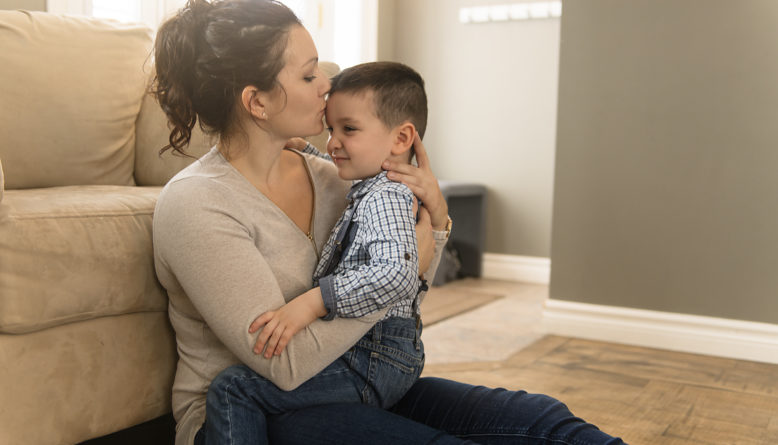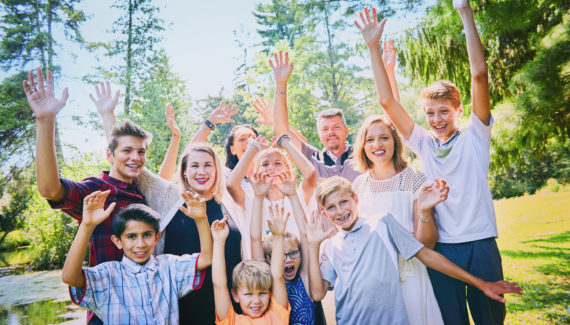Here’s the short answer: as strongly as you can.
If you ask me the most common thing I hear when someone finds out I’m a foster parent, it’s some variation on this statement: “I could never give them up.” As tired as I sometimes get of hearing that phrase, the sentiment behind it represents a real fear, not just for those who would never consider foster parenting, but for many people who are thinking about it or doing it. How do you handle the grief of caring for a child and then losing them? Unless you’ve experienced this, it’s impossible to imagine.
And yet, this is a part of what foster parents do. We take the risk to love, even knowing loss might be a part of it. We look that fear in the face and refuse to let it hold us back, for this one simple reason: these children are worth the risk.
It is possible, I suppose, to go through the motions of caring for a child without bonding with them. You could provide food and shelter, teach and protect them, advocate for them and get them all of the help and services that they need, all while walling off your heart in an attempt to protect yourself from what the future may hold. But the only way I know to do that is to hold them at a distance, which means depriving them of what they need most from you: attachment, connection, love.
Even more than they need food on the table and a safe place to sleep at night, kids need safe, loving, healthy attachment. No matter what their circumstances were before coming to you, no matter what uncertain bonds they may have formed with their birth parents, being ripped forcefully from those circumstances has left them with a gaping hole. Whether they acknowledge it or not, they desperately need to bond with you, which means that you need to bond with them as well.
And this need to bond still exists even if a child is still visiting with his birth family. Building and maintaining those connections is a critical part of the effort toward reunification. But the need for a bond with a biological parent does not mean the bond with the foster parent is any less critical. Both connections play a role in the child’s healing process, and both should be valued and pursued.
Oftentimes, our foster children have uncertain futures. They may be with us for a week or a month or a year or forever. Not only that, but our expectation of the way things will play out can change over time. This uncertainty is the choice we make when we sign up to be foster parents. We enter into a child’s burden and offer to share the load, even knowing it will increase our own. We trust that as emotionally stable adults, we can shoulder the grief that may come our way. They need us to love them desperately, so we put ourselves aside in order to do what is best for them.
After all, isn’t that what being a parent is all about?



